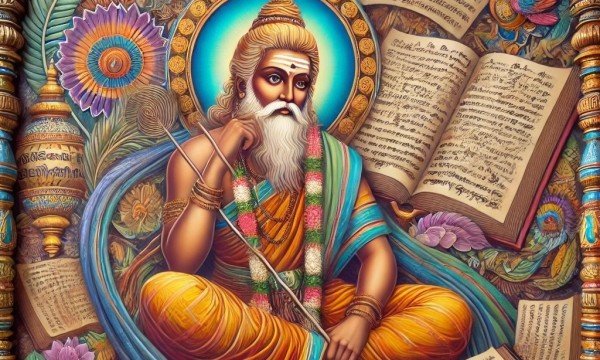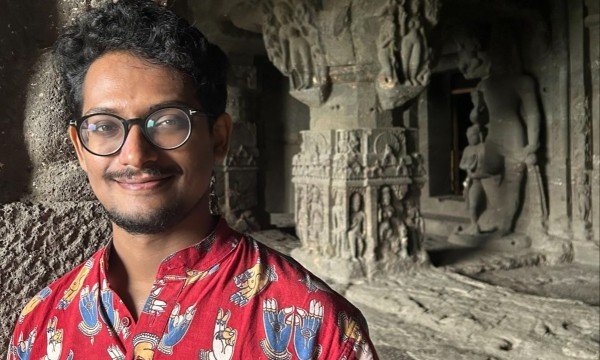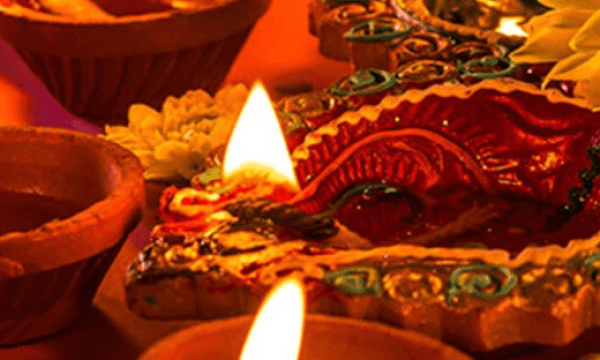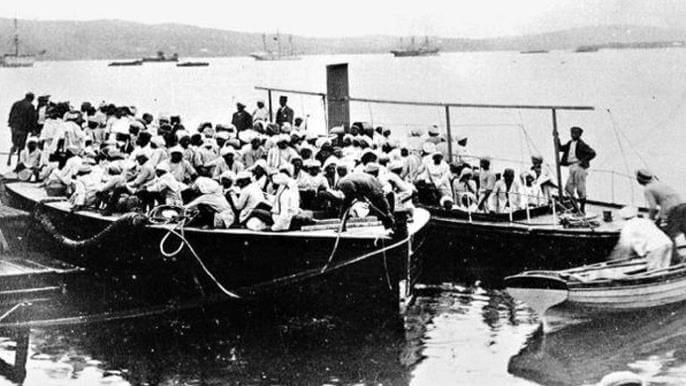
Whenever I meet someone from another part of the world and they ask me where I am from, I tell them I’m South African. I am always slightly amused at the reaction of confusion in their eyes with the question that always follows, “So when did you move there?”
I then launch into a series of explanations about how I, and another 1.5 million of my kind ended up on the southern tip of the great African continent through indenture because India was once a British colony and so was Natal, in South Africa. Cheap labour was found in much of South India for people to work on the sugar cane plantations in Natal (now known as KwaZulu-Natal). And so a large population of South Africans of Indian origin are Tamil. I go on to explain that I am fourth generation and born into the height of apartheid South Africa.
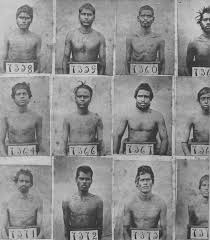
Owing to apartheid (a political system to keep the races in South Africa separate), Indian communities in South Africa were placed in certain ‘townships’. The most common being Phoenix and Chatsworth in Durban, which is in the heart of KwaZulu-Natal. Indians were then allocated areas specific only to the Indian community. This meant that people from south and north India were basically living as neighbours.
A colloquial term given to people of Tamil heritage, ‘porridge ous’ – 'porridge' in relation to the annual prayer offering to Mariamman and 'ous' referring to the Dutch-derivative Afrikaans language slang for guy. Those of North Indian heritage were known as 'bread ous’ – bread in reference to the rotis that North Indian people were famous for making with ghee. The Muslim community were known as 'slum ous' – in reference to the salaams used in greetings. None of it was intended to be derogatory, but more so intended as playful banter between those from differing backgrounds. Today the terms are used mildly – and Tamils proudly call ourselves ‘Porridge’ as a casual reference to being Tamil South African.
And so begins the series of the Tamil (Porridge) People of South Africa; those of Tamil origin who are both Indian and African. There are many layers of complexity which we will explore through various narratives and picture essays– taking a look at the history of Tamils and flow into the issues that face modern-day South Africans. This is a country where there are thriving businessmen and women whom strive to hold on to their cultural identity as much as they are able to, considering the implications of generational change.
To share your Tamil South African story please contact Nirvani Pillay her TC account.
Related articles:







